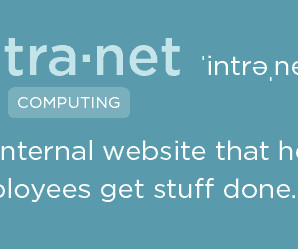Assessing Values in Online Technology Part 4
HR Examiner
NOVEMBER 17, 2020
We’re finishing up the series today in part four with the data from the 90-day study where we racked up 450+ hours watching demos, asking questions, and working to understand the business model and technical approach of 110 companies. Survey data was collected in Euroope (22%) and the US (78%). Knowledge Management.
















Let's personalize your content